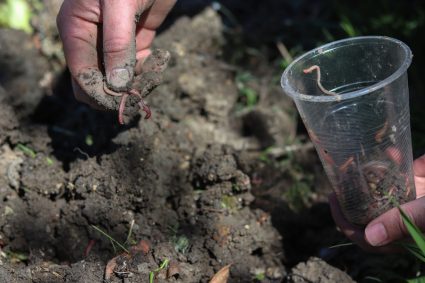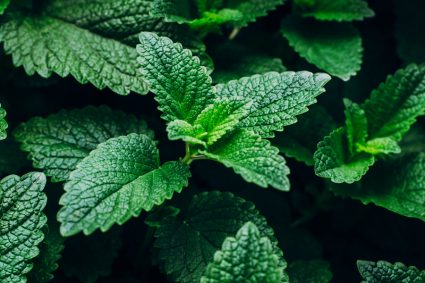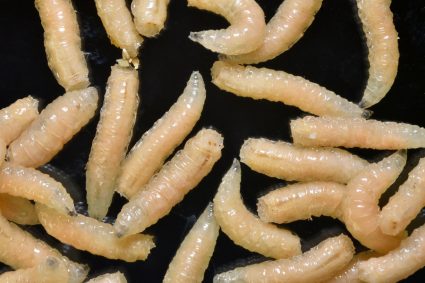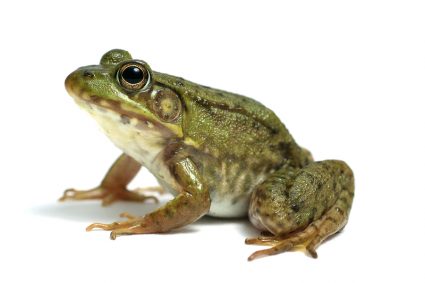
Herb gardens are a joy to have, but they can also attract a variety of bugs that can damage your plants and reduce their productivity. However, there are plenty of ways to keep bugs out of an herb garden using organic and natural methods. This comprehensive guide will provide you with detailed strategies and practical examples to maintain a bug-free herb garden.
To keep bugs out of an herb garden, employ organic and natural methods such as companion planting, using herbs with pest-repellent qualities, and applying homemade insecticides. Incorporate a diverse selection of plants in your garden to support beneficial insects and confuse pests. Regularly inspect your plants for signs of pests and if infestation persists, consider professional help.
The Most Common Pests in an Herb Garden
Before we delve into how to keep bugs away, let’s identify the most common pests that infest herb gardens. These include:
- Aphids: They are commonly found among crowded and rapidly growing herbs.
- Spider mites: They prefer hot, dry conditions and are often spotted on the underside of herb leaves.
- Whiteflies: These insects also appear on the underside of leaves.
- Leafhoppers: They feed on basil, oregano, and parsley.
- Leaf miners: These pests attack succulent basil, leaving tunneling trails between the upper and lower leaf surfaces.
- Parsley worms (Black swallowtail caterpillars): They feed on parsley but turn into beautiful butterflies.
- Four-lined plant bugs: These bugs feed on over 250 herbaceous plants and can cause noticeable damage.
- Japanese beetles: They can be a problem for basil plants.
Organic and Natural Ways to Repel Pests
Fortunately, there are several organic and natural ways to repel pests from an herb garden. Some effective methods include companion planting, using herbs with natural pest repellent qualities, and applying homemade insecticides.
Companion Planting
Companion planting involves planting certain herbs and vegetables that naturally deter pests. These include basil, borage, catnip, cilantro, dill, garlic, lavender, rosemary, and sage. These plants not only repel pests but also attract beneficial insects.
Herbs That Deter Pests
Some herbs, like cilantro, dill, chamomile, garlic, mint, lemongrass, fennel, basil, rosemary, thyme, and lavender, have properties that repel pests. Incorporating these herbs into your garden can help keep pests at bay.
Homemade Insecticides
You can also create homemade insecticides using natural ingredients like peppermint oil, lavender oil, and neem oil. For example, you can mix 10 drops of peppermint oil and 10 drops of lavender oil in a gallon of water, then spray the mixture on your herbs to help get rid of pests.
Garden Layout and Plant Selection
Your garden layout and plant selection can also contribute to pest control. By creating an environment that is less appealing to pests and more attractive to beneficial insects, you can naturally deter pests and support the growth of your herb garden.
Plant Diversity
Incorporate a variety of plants, including flowers and herbs, to create a diverse ecosystem that supports beneficial insects and confuses pests.
Strategic Placement
Plant pest-repellent herbs and flowers in pots or containers and place them strategically around your garden to maximize their effectiveness.
Natural Predators
Create habitats for natural predators of pests, such as birds and beneficial insects, by providing shelter, food, and water sources.
Benefits of Natural Pest Control
Using natural pest control methods in an herb garden has several benefits over chemical ones. These include being environmentally friendly, promoting a healthier garden, attracting beneficial insects, reducing chemical use, and encouraging biodiversity and sustainability.
Signs of Pest Infestation
Regularly inspect your plants for signs of pests. These can include visible damage on the herb plants, the presence of pests themselves, and signs of diseases.
When to Seek Professional Help
If you’ve tried various preventive and natural control measures, but the pest infestation persists or worsens, it’s time to consult a professional pest control service.
In conclusion, maintaining a bug-free herb garden is a combination of preventive measures, natural remedies, and vigilance. By implementing these strategies, you can enjoy a healthy, thriving herb garden without resorting to harmful chemicals.
Frequently Asked Questions
What is companion planting?
Companion planting is a method of gardening that involves planting different crops in proximity for pest control, pollination, providing habitat for beneficial insects, maximizing use of space, and to otherwise increase crop productivity.
How often should I apply homemade insecticides?
The frequency of application can vary based on the severity of the pest infestation. However, a good rule of thumb is to spray your homemade insecticides once a week. Make sure to apply it in the early morning or late evening to avoid sunburn on the plants.
Can I use these methods for indoor herb gardens?
Yes, most of these methods can be adapted for indoor herb gardens. For example, companion planting and using herbs that deter pests can be effective indoors. However, attracting natural predators may not be feasible for indoor gardens.
What are beneficial insects and how do they help in pest control?
Beneficial insects are those that contribute positively to your garden’s ecosystem. This can be through pollination, decomposition, or natural pest control. Examples include ladybugs, which eat aphids, and spiders, which eat a variety of pests.
How can I attract beneficial insects to my garden?
You can attract beneficial insects by providing them with a suitable habitat, which includes food, water, and shelter. This involves planting a variety of plants that produce nectar and pollen, providing water sources, and leaving some areas of your garden undisturbed for nesting and overwintering.












